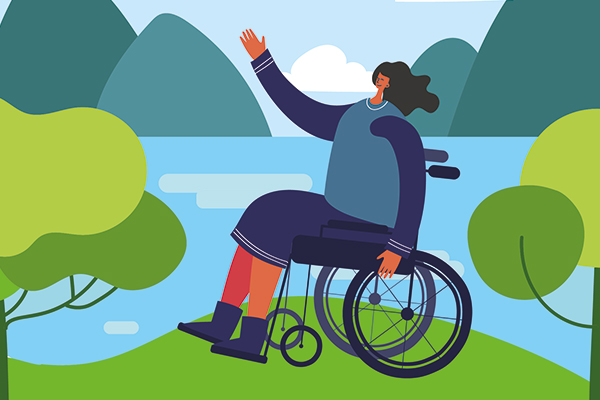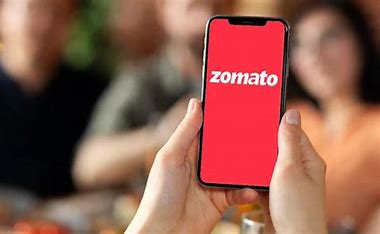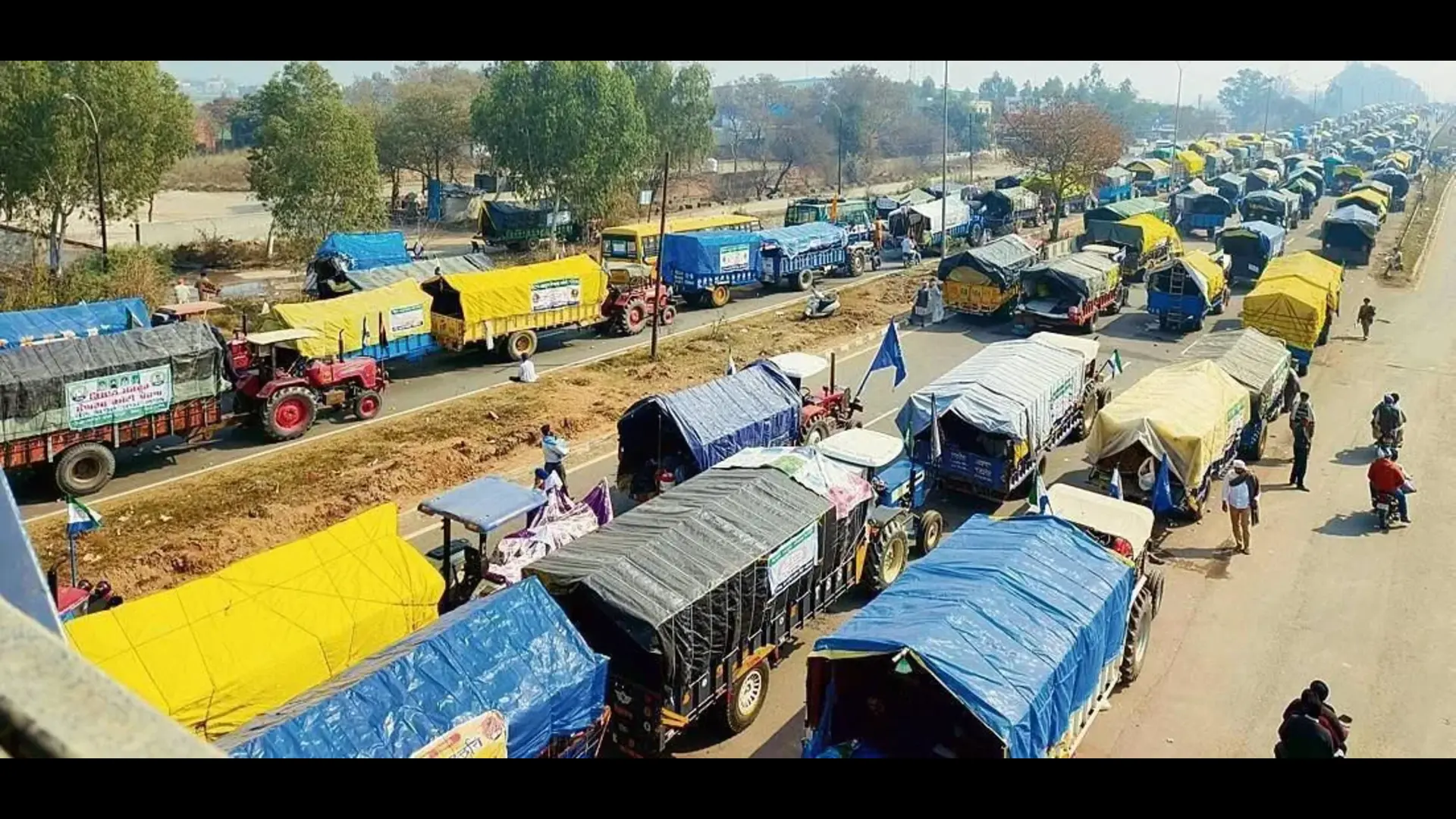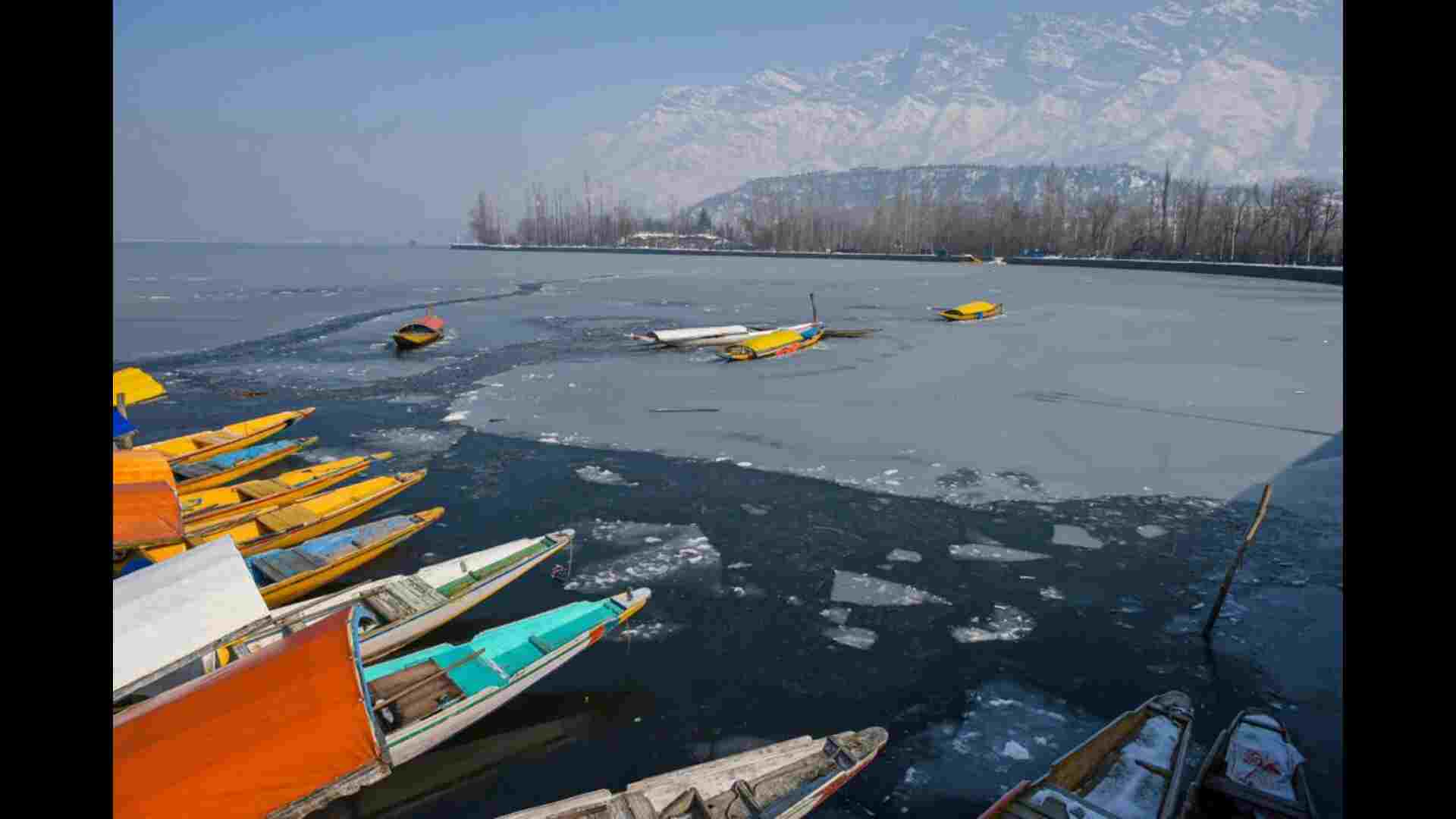Travelling is a transformative experience that should be available and accessible to everyone. However, despite its enormous significance in promoting inclusivity as well as fostering a more accepting society, accessible travel remains an elusive dream for many. A number of barriers still persist for persons with disabilities, ranging from physical obstacles in transportation and accommodations to discrimination and stigma.
Understanding the Barriers:
The concept of accessible travel revolves around ensuring that PwDs get to experience the same enriching joy and freedom that others experience while exploring the world. It signifies the breaking of different kinds of physical, social, and emotional barriers for PwDs that impact the various aspects of their journey.
Lack of Proper Transportation:
Accessible travel has to do with transportation as much as the tourist destination itself. PwDs often face obstacles from the very beginning of the journey, for airports, train stations, bus stops, and such fail to provide the assistance necessary for their seamless travel.
To begin with, there are longer waiting times for PwDs, making it sometimes difficult for them to travel according to their schedule. Also, the unavailability of accessible vehicles with ramps, lifts, or elevators for wheelchair users adds to the grave concern, not to mention that accessible transportation options are usually more expensive.
People with invisible disabilities like autism too find it hard to receive the necessary understanding and accommodation, and this is yet another crucial aspect of the whole story.
Lack of Physical Accessibility:
It is a challenging task for PwDs to find accessible accommodations during travel, for even when hotels proclaim themselves to be accessible, it might not always be the reality. Many so-called accessible washrooms and restrooms do not meet the standards. There might not be roll-in showers, grab bars, lowered sinks, and other such necessary adaptations, the lack of which can make daily activities quite difficult for any PwD.
Limited Options:
People with limited mobility oftentimes struggle with navigating their travel destination. The lack of accessible paths due to steep hills and cobblestone roads can make travelling a daunting experience for PwDs. Not only that, there are many popular tourist destinations that are not yet fully accessible, meaning that there are numerous cultural and historical aspects of a destination as well as a nation that PwDs miss upon.
The Shifting Winds:
In recent times, the government has taken several initiatives to break the barriers for PwDs and facilitate accessible travel to enhance the tourism experience. As much as it is commendable that the government is investing in infrastructure development to ensure that public spaces are accessible to one and all, it is also important to acknowledge that there is a long way to go.
True that the Directorate General of Civil Aviation (DGCA) has released guidelines to ensure that there are proper facilities and services for passengers with disabilities; and also true that there are destinations like Kerala, Goa, and Rajasthan that are making efforts to provide accessible amenities at popular tourist destinations.
Breaking the Barriers:
Everyone deserves to have the same opportunities to explore the world, irrespective of their physical abilities and diverse needs. What’s more, according to the United Nations, the worldwide disability market has a yearly expenditure of more than $8 trillion. It suggests that this particular market is a substantial economic force, and accessibility is going to be a wise commercial move in addition to being the need of the hour.
The author is a founder of bachpan play school & AHPS School, co-Founder of Rishihood University & must & more diagnostic centre.






